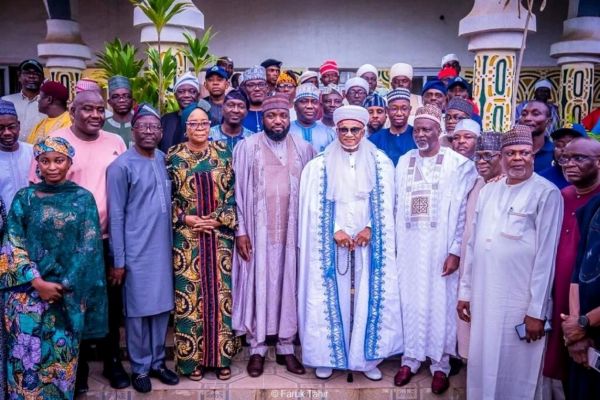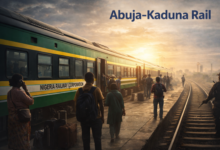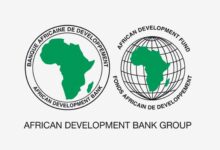Baro Port Dream Stalled: Lawmakers Decry Roads as ₦6bn Facility Lies Idle

The Baro Inland Port—once heralded as a game-changer for Nigeria’s inland waterway logistics—remains a stranded asset six years after its commissioning, as lawmakers and stakeholders blame failed road networks and silted channels for its underutilisation.
A Billion-Naira White Elephant?
The House of Representatives Ad Hoc Committee on Baro Inland Port, led by Rep. Saidu Abdullahi (APC–Niger), raised alarm during an oversight visit that the ₦6 billion facility risks becoming another white elephant unless urgent infrastructural interventions are made.
“What should be a 30-minute trip to Baro now takes four agonising hours,” Abdullahi lamented, describing the dilapidated roads as the single greatest obstacle to the port’s functionality. Without motorable access, he warned, cargo movement remains impossible—rendering the multi-billion-naira investment a non-starter.
Operational Assets, Logistical Bottlenecks
Mr. Bolawale Adetola, General Manager, Business Development at the National Inland Waterways Authority (NIWA), noted that the port has everything required to function—from warehouses to cargo handling equipment.
“The real challenges are the poor road access and a silted channel. Without dredging, operations cannot flow. We also need stronger inter-agency collaboration to unlock the port’s potential,” he stressed.
A Forgotten Transport Hub
Traditional leaders echoed lawmakers’ concerns. Etsu Nupe, Alhaji Yahaya Abubakar, recalled Baro’s golden era as a thriving transport hub that connected the North to other regions by rail and water.
“Many of us remember when Baro bustled with trains to Kano, Kaduna and Gusau. It was a heartbeat of trade that boosted regional economies. Today, its collapse mirrors Nigeria’s overdependence on road transport,” he said.
Policy and Investment Implications
The Baro situation reflects Nigeria’s chronic infrastructure paradox: huge capital outlays on strategic assets without complementary investments in enabling infrastructure. Experts argue that until government aligns port development with access roads, dredging, and rail connectivity, inland waterways will remain underexploited, leaving the economy overburdened by road transport.
The Committee promised to push strong recommendations to both the Executive and Legislature for urgent rehabilitation of access roads and dredging of the River Niger channel. But without political will and sustained financing, Baro risks joining the growing list of stranded infrastructure projects in Nigeria.












